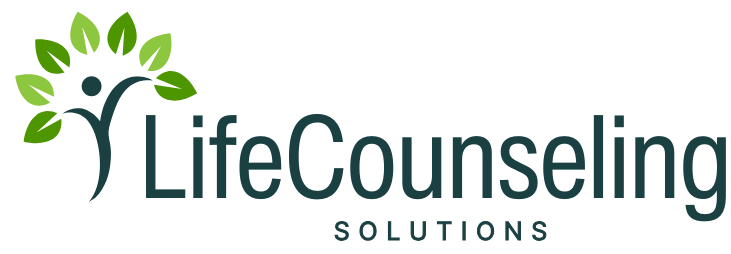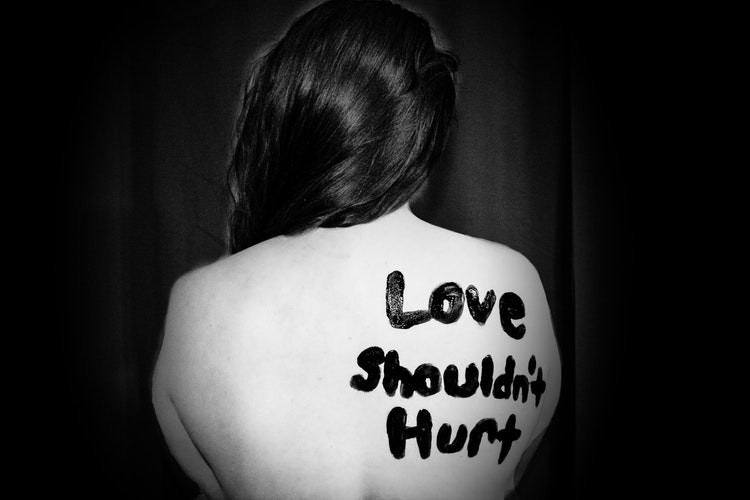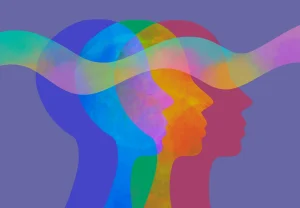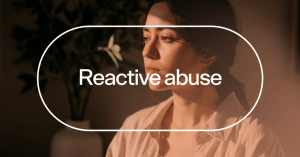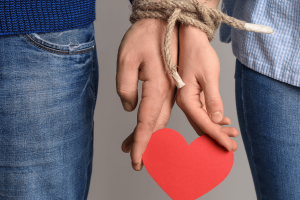Did you know that approximately 15.5 million children are exposed to domestic violence every year; and a current or former intimate partner kills three women each day?
This is more than just a statistic to my family and myself. I counsel individuals every day who are or have been in abusive/violent relationships and my family lost my eldest sister Carmen Rivera to domestic violence over 20 years ago.
If we are to truly help those that are in domestic violence relationships, it is imperative that we understand the psychology behind those who choose to stay in these relationships.
People who have not been in abusive situations find it very difficult to understand the level of dysfunction. Many times the victims are blamed for staying in this situation.
In my sister’s case, she was no longer in the relationship with the man who took her life. In fact, she had a restraining order against him when she was murdered.
Below are a just 5 reasons why people stay in abusive/violent relationships:
#1. Dysfunctional Emotional Connection.
Those who use power and control with their partners are often verbally, emotionally and physically abusive along with apologies, promises, and affection to their victims. This often confuses the victim and they can start blaming themselves.
#2. Toxic Shame.
A victim deep down often feels that something is wrong with them rather than the behavior of their partner. This results in a tremendous amount of feelings of shame and embarrassment. This, more often times than not, leads them to cope with denial of the reality of their situation.
#3. Safety Concerns.
In many cases, the abuser has threatened deadly harm to the partner or to the children if the partner tries to leave him. This was the case with my sister Carmen, her murderer, up to three days before her death, reportedly stated that he was going to kill her (rather than her be with someone else).
#4. Lack of Resources.
Many victims are often dependent upon their abuser for lack of money and resources. This is also another way that the abuser can control their victim to believe that they have no other resources to support themselves or the children.
#5. Mental Health Disorders.
Often times, the victim can suffer from depression and isolation, which makes it harder to make the necessary changes to get out of the abusive relationship. Many close friends or families have no idea or do not suspect anything is wrong because the victim is often times isolated from those who care about them.
It is important, that we create safe, nonjudgmental places. Places where victims can gain strength and clarity to learn that things can get better for them. Belief that there is hope when they decide, “No more!”
We also have to consider, like the case of my sister Carmen that the most lethal time in an abusive relationship is after they leave. More than 70% of domestic violence murders happen after the victim has gotten out.
Here are a few local and state resources, if you or someone you know is in an
abusive violent relationship:
Coalition for the Homeless Victims Program 407-425-2502
Harbor House 407-425-2624
LifeLine of Central Florida 407-254-7000
Orange County Sheriff Victim Advocate 407-836-9680
Orange County Victim Service Center 407-836-2365
Victim Service Center 407-836-9680
Life Counseling Solutions offers a Community Counseling Program in the Orlando and Central Florida areas to those that need the support and healing to make the necessary changes in their life. Please call today 407-622-1770 to seek help.
